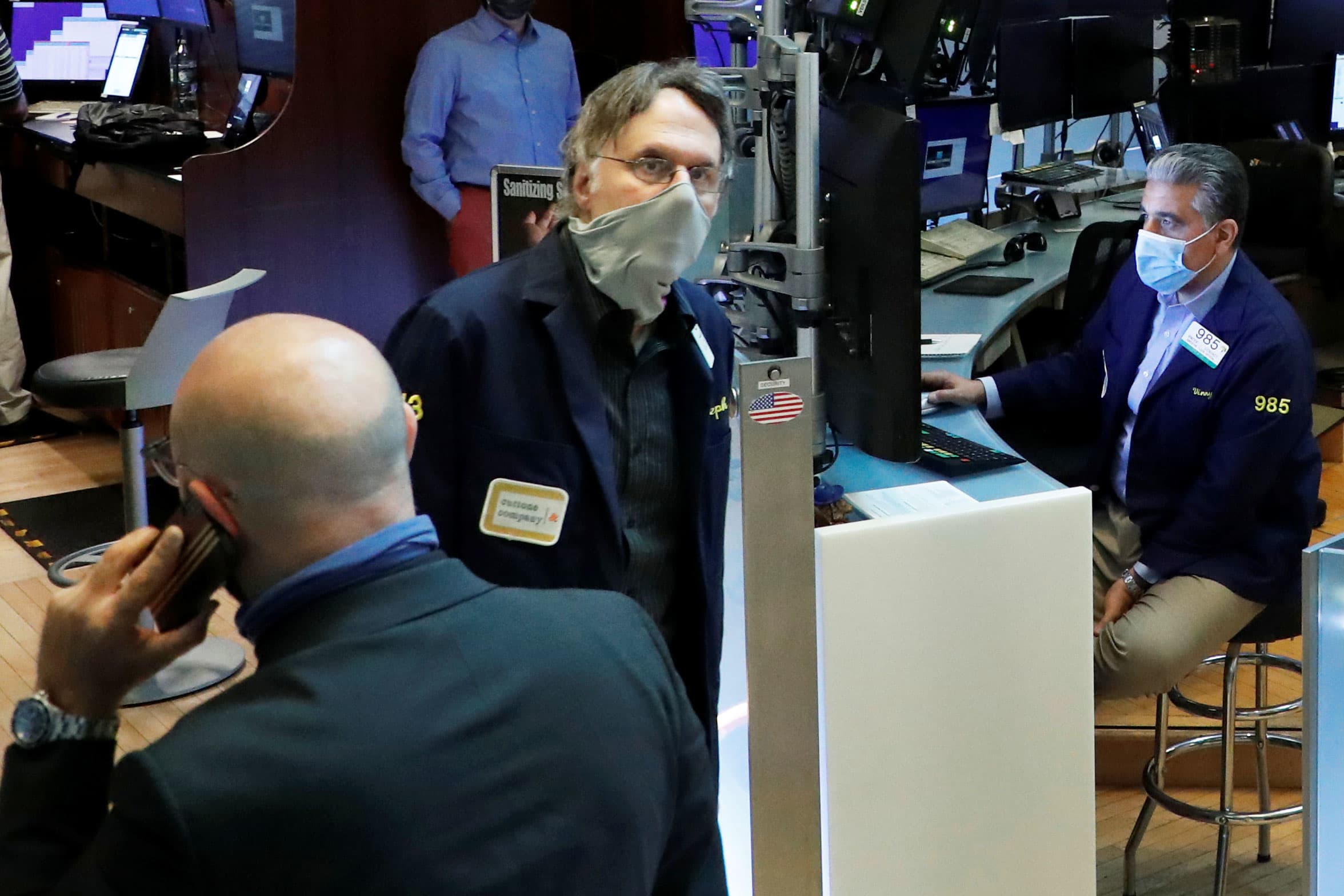
With one day to Election Day, stocks are looking up.
The S&P 500 and Dow Jones Industrial Average started off the month with a comeback from their worst week since March as investors braced for the pivotal U.S. presidential election on Tuesday.
Four market analysts took a closer look at what could come after the votes have been counted and what 2021 could look like.
Here’s what they told CNBC on Monday:
Ed Clissold, chief U.S. strategist at Ned Davis Research Group, laid out how stocks tend to perform in response to particular election outcomes:
“We look back to 1900 at all election cycles, and we divide the market up into whether the incumbent won or lost, in particular when the Republican incumbent won or lost. And the market does tend to rally either way after the election. It’s a relief rally. But the rally is much stronger when you have the incumbent winning, especially the incumbent Republican winning. But when you go into the next year, it tends to reverse. Actually, the market does better when the incumbent Republican has lost. And so, I think the message from this is a lot of the political angst is really more about sentiment, not about fundamentals. When you get into the next year, other things seem to matter more than all the concern over who’s going to be in the White House. … If Biden were to win, there probably will be some angst over higher taxes, increased regulations, but in reality, those things are very hard to get through. Even if the Democrats take the Senate, too, it may be hard to get some of those through, and they may not even be the top of Biden’s agenda in 2021. It may be something he pushes for later on in a few years. So, it doesn’t mean these things are going to happen. And so, the market will be concerned about it, but in reality, a lot of the time, those things don’t actually come to fruition.”
Dimensional Fund Advisors founder and Executive Chairman David Booth advised against investing based exclusively on election predictions:
“In our view, there’s no compelling evidence to make portfolio shifts based on your forecast of election outcome. … Every year, I approach the upcoming year saying, ‘I think next year, the expected return is going to be about 10%.’ And then I recognize at the same time that over a two-year period, the market could lose 50%. About once a generation it happens, and it does it in an unpredictable way. So, I think there’s no reason to expect [a] huge change in that, in my view. I think if you look at what’s happened recently, … one thing we can count on is there’s going to be a level of uncertainty regardless of who wins. I mean, if you look at the VIX or other measures of volatility, they’re elevated now, and they’re likely to stay elevated next year regardless of who wins.”
Bleakley Advisory Group Chief Investment Officer Peter Boockvar said investors have to set their sights on sectors that could win out in 2021:
“I think people have to start switching their perspective and think and hope that we’re going to have a vaccine. Now, 2021, in terms of Covid, is going to be a much better situation. So, I’m looking at the winners of 2021 being the losers of 2020 and vice versa. And then investors need to start looking at what has not worked, again, assuming that we’re going to get a vaccine, assuming — and I’m hoping — that this winter’s the beginning of the end of Covid, and start thinking of what’s the world going to look like. Now, that positive could be mitigated by where interest rates go. I expect them to go higher. I expect inflation to go higher. I expect all these world central banks that have put pedal to the metal because of Covid are going to have to find a reason and the reasons I just gave to start reversing this, and that also can have implications to the markets as well.”
John Traynor, People’s United Advisors’ chief investment officer, said that one of this year’s laggards — financials, down nearly 21% so far in 2020 — could benefit from higher rates:
“The key issue that we really want to see people focusing on is sales growth. … Progressive tells you a little bit about our thought process here. We own financial stocks, but we own more of the insurance and financial services. We’ve actually stayed away from the regional banks. They definitely need to see higher interest rates. Now, we’re seeing rates move up [Monday] morning, so, perhaps banks will do well, but we’ve really focused on financial services.”



